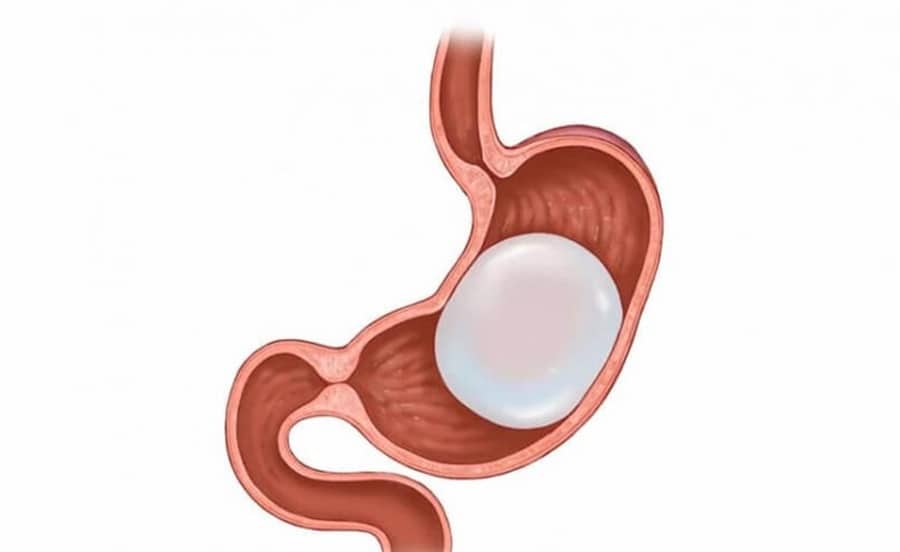Valerian Root, a plant revered for centuries, holds a special place in the realm of natural remedies. Its roots, rich in therapeutic properties, have been a cornerstone in traditional medicine across various cultures. Today, it continues to pique the interest of modern science and wellness enthusiasts alike. This comprehensive exploration delves into the essence of Valerian Root, from its botanical characteristics to its myriad health benefits. Unraveling its historical significance and contemporary applications, this article aims to provide a thorough understanding of Valerian Root’s role in natural health and wellness.
Contents
- 1 An In-Depth Look at Valerian Root
- 2 The Science Behind Valerian Root
- 3 Health Benefits of Valerian Root
- 4 How to Use Valerian Root
- 5 Potential Side Effects and Precautions
- 6 Valerian Root Vs. Other Natural Remedies
- 7 Valerian Root in Different Cultures and Traditions
- 8 The Future of Valerian Root in Medicine and Wellness
- 9 Explore the Benefits of Valerian Root for Yourself
An In-Depth Look at Valerian Root
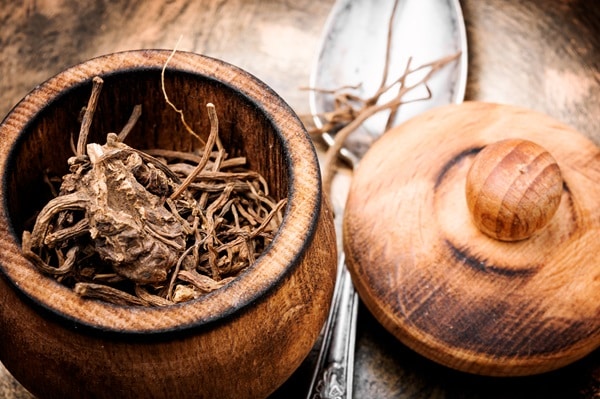
Valerian Root, scientifically known as Valeriana officinalis, is a perennial flowering plant native to Europe and Asia. It’s distinguished by its sweet-smelling pink or white flowers and the strong, earthy odor of its roots. These roots, harvested for their medicinal properties, contain a rich blend of compounds like valerenic acid and isovaleric acid. Traditionally, Valerian Root has been used to treat a variety of ailments, showcasing its versatility in herbal medicine. Its popularity in natural remedies is a testament to its enduring therapeutic value.
The historical use of Valerian Root spans centuries and continents, reflecting its global significance. In ancient Greece and Rome, it was commonly used for its sedative properties, often prescribed for insomnia and nervousness. Medieval Europe saw it as a remedy for heart palpitations and epilepsy. In Eastern traditions, it was valued not just for its physical healing properties but also for its spiritual benefits. This rich history underpins the modern understanding of Valerian Root, linking past wisdom with current scientific inquiry.
The Science Behind Valerian Root
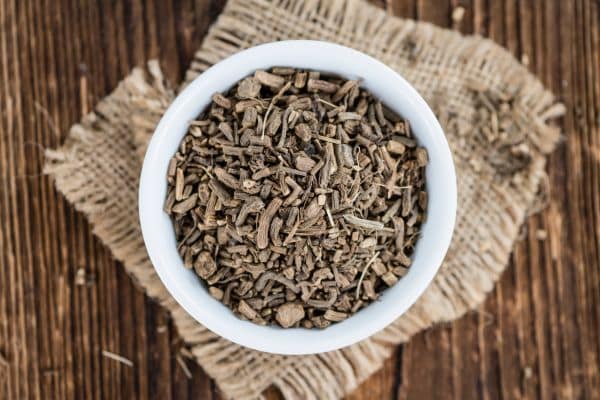
Valerian Root’s effectiveness is attributed to its unique blend of active compounds. These include valerenic acid, which has been shown to interact with the gamma-aminobutyric acid (GABA) neurotransmitter system in the brain. GABA is crucial for regulating nerve impulses, and its enhancement can lead to sedation and relaxation. This interaction is central to understanding why Valerian Root is often recommended for anxiety and sleep disorders. Additionally, the presence of other compounds like flavonoids and terpenes contributes to its overall therapeutic effect.
Research into Valerian Root has revealed its multifaceted impact on the human body. Studies suggest that it not only aids in sleep induction but also improves sleep quality. Unlike many pharmaceutical sleep aids, Valerian Root does not seem to cause significant morning drowsiness, making it a preferred choice for many. Its anxiolytic properties, aiding in anxiety management, are also being rigorously studied. However, it’s important to note that while promising, research is ongoing, and results can vary among individuals.
Health Benefits of Valerian Root
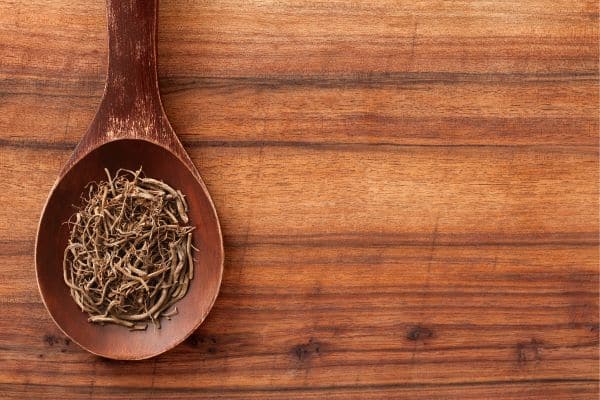
Valerian Root is most renowned for its potential as a natural sleep aid. Numerous studies have investigated its effectiveness in improving sleep quality and reducing the time it takes to fall asleep. People with insomnia have reported positive outcomes, noting an improvement in their overall sleep patterns. This is particularly significant in an era where sleep disorders are increasingly common, driven by factors like stress and lifestyle changes. Valerian Root offers a gentler alternative to conventional sleep medications with fewer side effects.
Beyond its sleep-inducing properties, Valerian Root is believed to offer other health benefits. It’s been studied for its role in reducing anxiety and stress, acting as a natural anxiolytic. Some evidence suggests it may also have a mild effect on lowering blood pressure and easing menstrual cramps. These potential benefits make Valerian Root a versatile herbal remedy. However, it’s crucial to approach these claims with a balanced view, recognizing that more research is needed to fully understand its efficacy and safety.
How to Use Valerian Root
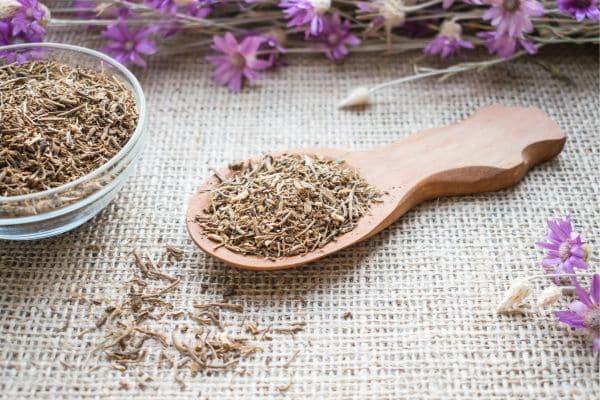
Valerian Root is available in various forms, including capsules, tablets, teas, and liquid extracts. Each form offers different concentrations of the active ingredients, catering to individual preferences and needs. Capsules and tablets provide a convenient and measured dose, while teas and extracts offer a more traditional and sensory experience. When choosing a Valerian Root product, it’s essential to consider the quality and purity, as these can significantly impact its effectiveness.
For those new to Valerian Root, starting with a low dose and gradually increasing as needed is advisable. The typical dosage ranges from 300 to 600 milligrams, taken about an hour before bedtime for sleep disorders. It’s important to note that individual responses to Valerian Root can vary, and it may take two to three weeks of regular use to notice the full benefits. As with any supplement, consulting with a healthcare provider before starting Valerian Root, especially for those with existing health conditions or taking other medications, is crucial.
Potential Side Effects and Precautions

While Valerian Root is generally considered safe for most people, it’s important to be aware of potential side effects. Some individuals may experience mild headaches, dizziness, or stomach upset. Rarely, it can cause a paradoxical reaction, leading to feelings of anxiety or restlessness rather than relaxation. It’s crucial for users to monitor their reactions, especially when starting or changing dosages. Pregnant or breastfeeding women, and those with liver disease, should avoid using Valerian Root without medical advice.
Interactions with other medications are another vital consideration. Valerian Root can enhance the sedative effects of other sleep aids, anxiolytics, and depressants, including alcohol. This can lead to excessive drowsiness or impaired motor functions. It’s also advisable to discontinue use at least two weeks before any scheduled surgery to avoid potential interactions with anesthesia. Consulting a healthcare professional before combining Valerian Root with other medications or supplements is always recommended for safety.
Valerian Root Vs. Other Natural Remedies

Valerian Root is often compared to other natural sleep aids and anxiety remedies, such as melatonin, chamomile, and lavender. Unlike melatonin, which regulates the sleep-wake cycle, Valerian Root works more as a sedative, making it more effective for those struggling to relax. Chamomile and lavender, often used in teas and aromatherapy, provide gentle relaxation but may not be as potent for severe insomnia or anxiety. Each of these remedies has its unique properties and uses, making them suitable for different needs and preferences.
In terms of advantages, Valerian Root stands out for its strong sedative properties and potential to improve sleep quality. However, its pungent odor and taste can be off-putting for some, a drawback not commonly found in other herbal remedies. The choice between these options often comes down to personal preference, specific health concerns, and how the body responds to each remedy. It’s always beneficial to research and possibly consult a healthcare provider when deciding on the best natural remedy for individual needs.
Valerian Root in Different Cultures and Traditions
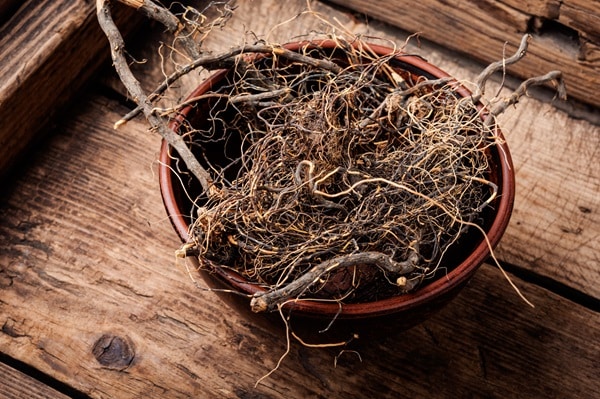
Valerian Root’s use in traditional medicine varies significantly across cultures. In Europe, it has been a staple in herbal medicine for centuries, primarily used for its sedative properties. Asian cultures, particularly in Ayurvedic medicine, have used it for its benefits in treating nervous disorders and as a muscle relaxant. These diverse uses highlight the adaptability and widespread acceptance of Valerian Root in traditional healing practices. The cultural significance of Valerian Root extends beyond its medicinal use, often featured in folklore and ancient rituals.
The traditional beliefs surrounding Valerian Root are as fascinating as its medicinal properties. In some cultures, it was believed to ward off evil spirits and was used in protective rituals. This spiritual aspect of Valerian Root, although less discussed, plays a significant role in understanding its historical and cultural importance. The integration of Valerian Root into modern herbal medicine is a testament to the enduring legacy of these ancient practices. It underscores the importance of respecting and preserving traditional knowledge in the context of contemporary health and wellness.
The Future of Valerian Root in Medicine and Wellness

The future of Valerian Root in the field of medicine and wellness looks promising, with ongoing research exploring its full potential. Scientists are delving deeper into its pharmacological properties, seeking to understand how it can be more effectively utilized in treating various health conditions. There’s a growing interest in integrating Valerian Root into conventional medical practices, especially as a complementary therapy for sleep disorders and anxiety. This integration signifies a shift towards a more holistic approach to health care, where natural remedies are given more scientific credence and acceptance.
In the wellness industry, Valerian Root continues to gain popularity as a natural, non-addictive alternative to conventional sleep aids and anxiolytics. Its role in stress management and relaxation techniques is being embraced by wellness practitioners and therapists. With the increasing consumer interest in natural and organic products, Valerian Root is likely to feature more prominently in health supplements and wellness products. As society continues to embrace natural health solutions, Valerian Root’s place in the future of medicine and wellness seems both significant and enduring.
Explore the Benefits of Valerian Root for Yourself
Valerian Root presents a fascinating blend of historical significance and modern relevance, offering potential benefits for sleep, anxiety, and overall well-being. While it’s important to approach its use with awareness of possible side effects and interactions, Valerian Root remains a valuable component of natural health practices. As you seek holistic approaches to health and wellness, consider exploring the benefits of Valerian Root and experience firsthand its potential impact on your life.


